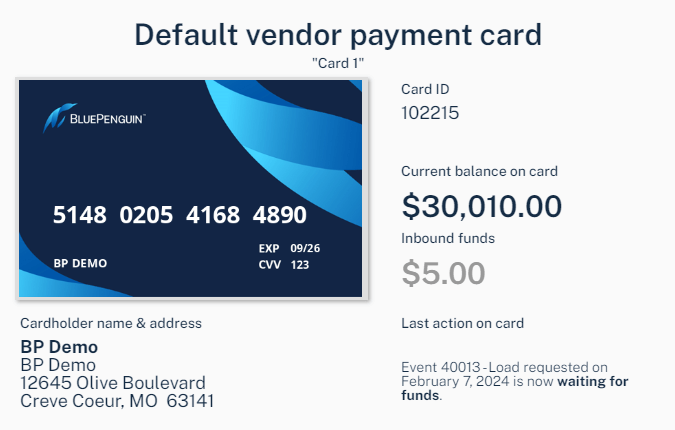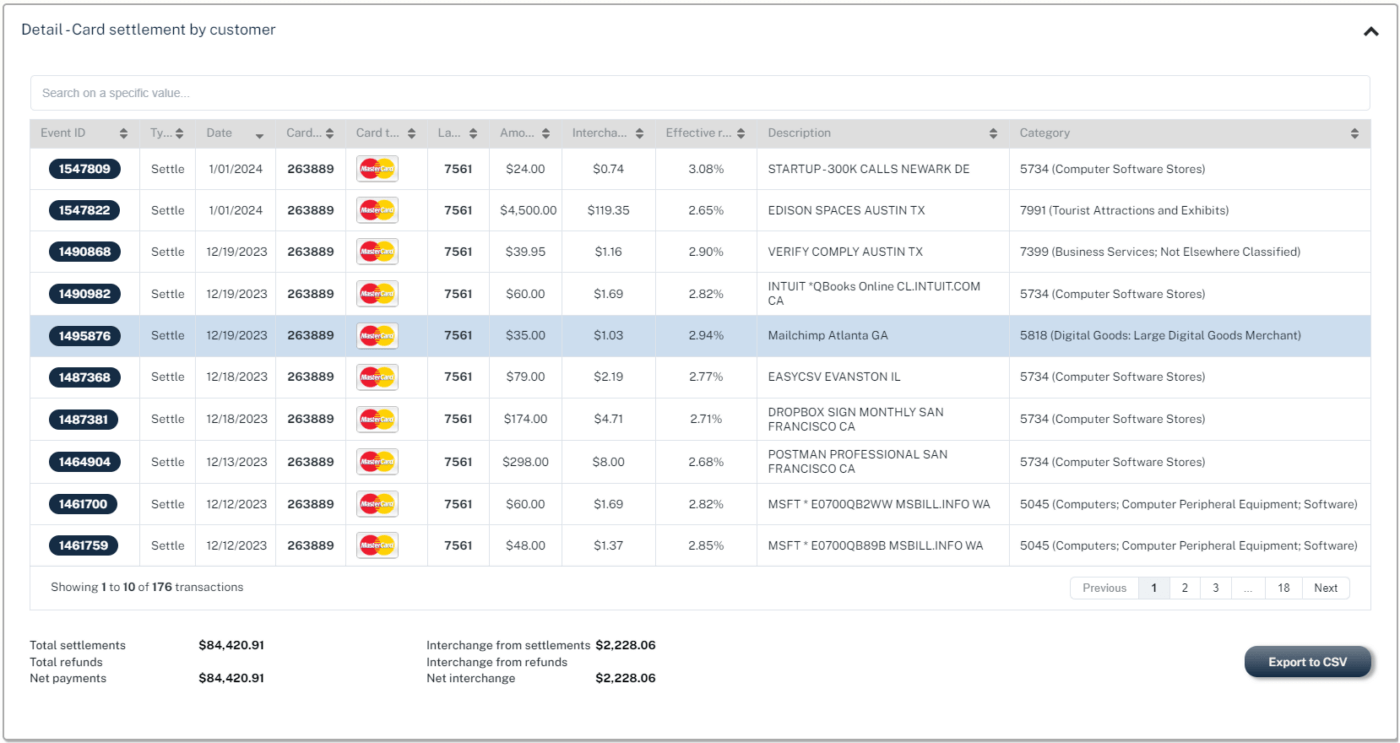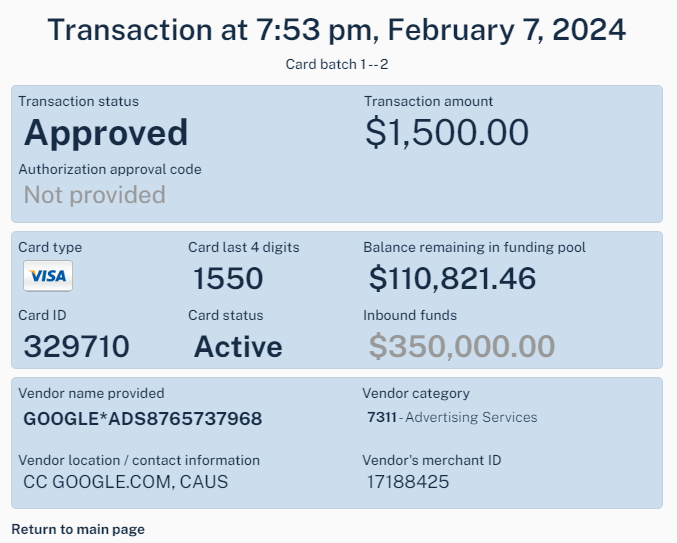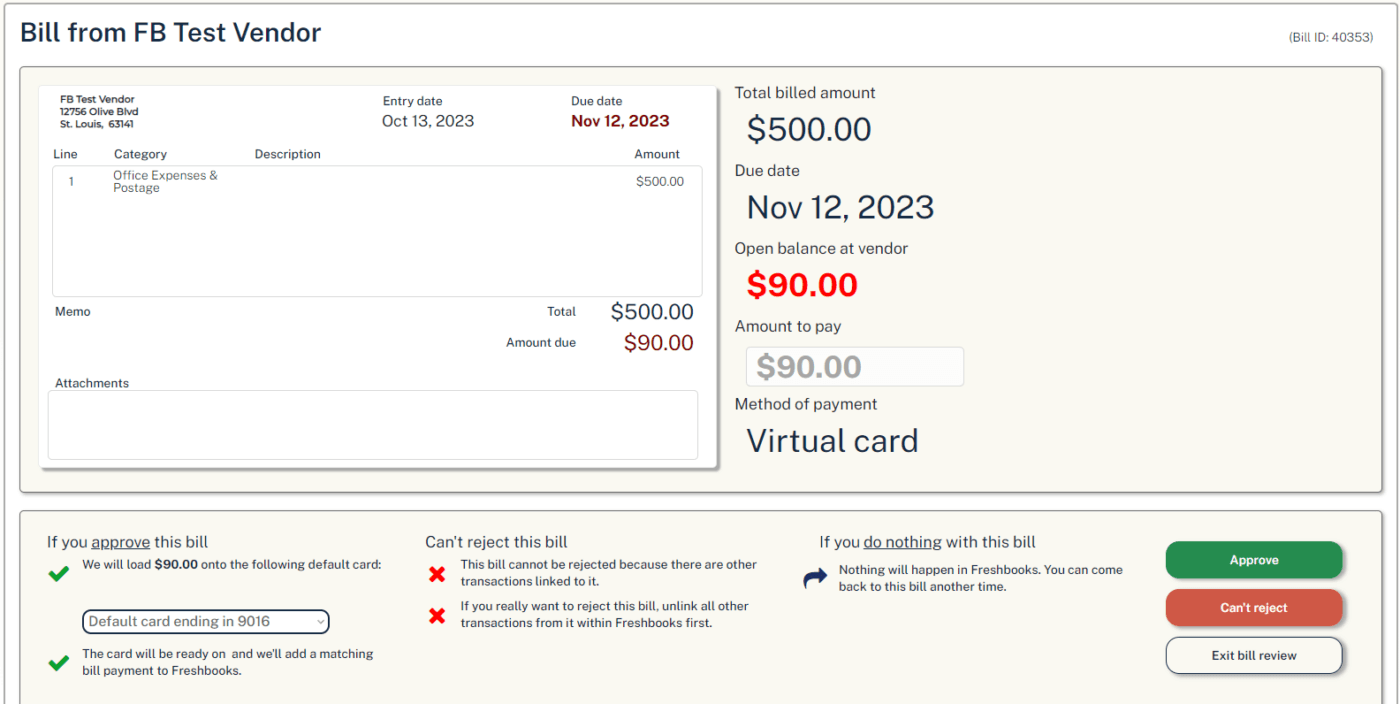Payment issuing for the digital age.
Meet Alchemy ™
The name Alchemy is purposeful as it is designed to take a set of commercial payment challenges and convert them to not only an elegant B2B payments solution, but a solution that both saves and generates money for our partners and clients.
Let’s take a look inside.

Platform Dashboard
View a BluePenguin Card


Card Settlement Detail
Card Authorization


Automated Payment Page
How It Works
- 01Buyer Receives Invoice
- 02Buyer Approves Invoice
- 03We Fund, Generate & Deliver vCard
- 04Supplier Processes vCard
- 05We pay the rebate
It is the ONLY purpose-built platform designed for commercial payments (To BluePenguins knowledge).
There is simply nothing like Alchemy in all of FINTECH. Period.
With an average invoice of $1,500, instead of $17 in costs, customers receive a $22.50 rebate (1.5%).
Breaking down Alchemy
Alchemy is a CORE IaaS (infrastructure as a service model) that is run in 1 – n data centers (or cloud services) based upon customer and partner’s needs. For those of you familiar with an Issuing Processor and their roles, BluePenguin is not currently an Issuing Processor, but all of the technology to be one exists. So, you could think of us as “down to the rims” as it relates to functionality.
The Alchemy platform uses its own SYNAPITV™ workbench to construct the platform Infrastructure and its purpose-built application structure. This could also be referred to as PaaS, or Platform as Code Services model. This is to say that our Alchemy platform is “told” what new services are to be created & Alchemy GENERATES the code, a developer does not write the code, the code is created by the platform itself. This is proprietary to BluePenguin, it is not licensed, and it is the first heart of the purpose-built platform.
There is NEVER a patch or modification to Alchemy, the new functionality, or use case, is communicated with Alchemy through a set of instructions and it GENERATES a new version of itself for a weekly release. Once the code is validated automatically, the database is added back, and the old code is discarded. As the platform is NEVER patched & the new applications are constructed by the platform itself, we refer to this as an IMMUTABLE architecture/Infrastructure.
